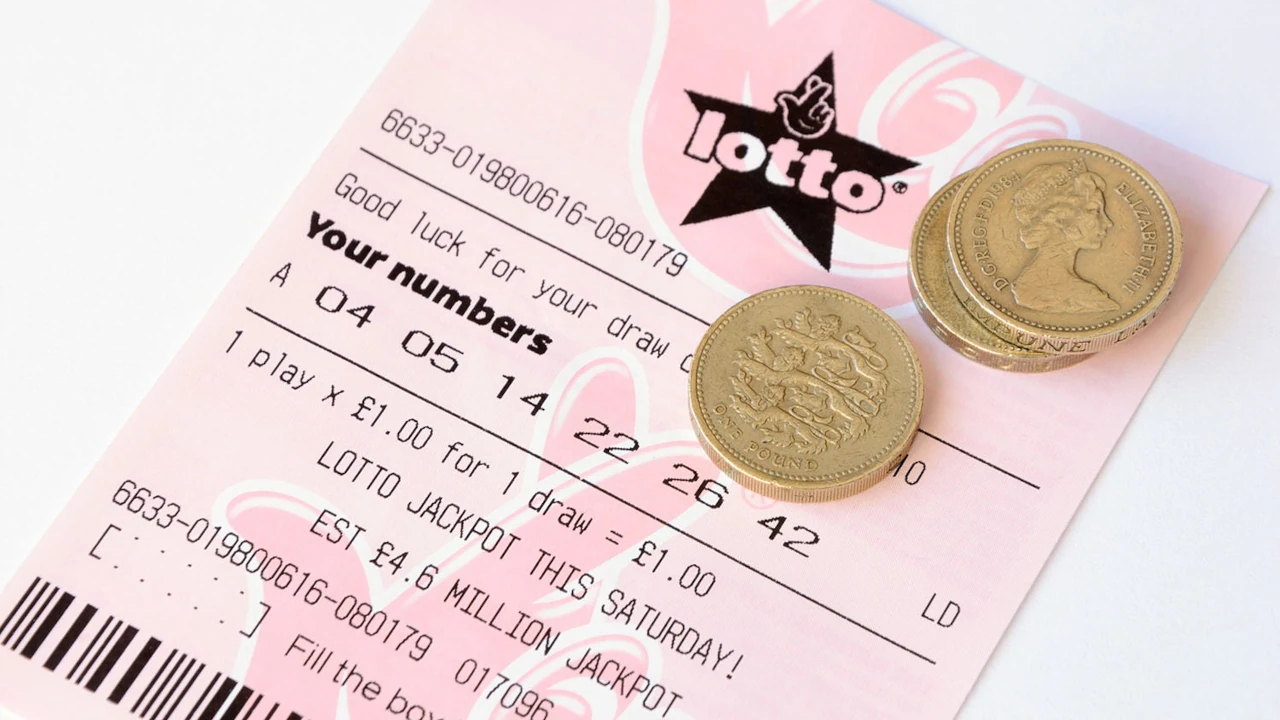We've all fantasized about what we'd do if we won the Powerball. Student loans? Gone. Mortgage? Paid. Tropical vacation for the entire extended family? Of course. And that's just the first 5 seconds of the daydream. It's not like you'd have to work anymore.
But winning the lottery doesn't automatically buy you a one-way ticket to Happily Ever After Land. Too often the rest of the story is incredibly sad. These are the archetypal ways lottery winners end up down and out.
They are too trusting
The financial woes of Billie Bob Harrell, Jr., a preacher working as a stockboy, seemed over when he won $31 million in a June '97 Texas Lotto Quick Pick. He quit his job at Home Depot, took his family to Hawaii, bought cars and half a dozen houses for friends and family, and donated generously to his church, church members allegedly in need, and to the poor.
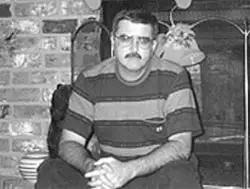
When word got out, everyone was after the preacher's riches. The telephone calls demanding donations and handouts got so intense that Harrell had to change his number several times. He still got hoodwinked by several of these solicitors, in particular a company that gives lottery winners lump-sum payments in exchange for their annual checks -- at a terrible exchange rate.
When his wife separated from him less than a year after the big win, his finances were apparently in dire straits, and he'd told a financial adviser "Winning the lottery is the worst thing that ever happened to me."
Billie Bob Harrell, Jr. shot himself in the chest with a shotgun and passed away on May 22, 1999. One of the notes he left behind, perhaps to his ex-wife, said, "I didn’t want this. I just wanted you."
They get greedy
Americo Lopes was delighted to learn he won $38.5 million in the Mega Millions drawing on Nov. 10, 2009. He discretely quit his job as a construction worker with the excuse that he needed foot surgery, and did his best to keep his fortune on the down low. Smart man.

He also chose to take his winnings out all at once and in cash, which reduced the total to $24 million -- or $17.43 million after taxes. Cash in hand, Lopes then started living large, making payments on a $1.5 million 5000 sq ft mansion and sending lavish gifts to his family. According to the New York Post, in addition to his recorded spending spree there's another $5 million of his $17.43 million that are unaccounted for.
And then his coworker filed a lawsuit against him. Turns out the winning ticket had actually been purchased via a cash pool collected by all the employees at his company, and the reason Lopes had attempted to keep the win a secret had nothing to do with common sense.
In court Lopes tried to claim that the ticket was really his and he wasn't obligated to share his winnings, but the jury didn't buy it. The judge froze his assets; five of his coworkers are each owed $4 million, the jury ruled. You can do the math.
***
Denise Rossi may not have been part of an employee cash pool, but when she won $1.3 million in the California lottery in 1996, she didn't exactly come running home to share the good news with her husband. Instead she kept the win quiet and filed for divorce 11 days later.
Rossi managed to keep her win a secret throughout the divorce proceedings but, two years later, an errant piece of mail informed her ex-husband of the truth. He promptly sued her for his share.
Having violated a Family Code statute that penalizes spouses for falsifying data about their property, Rossi was ordered to give her ex not half her winnings -- but all of it.
They let psychopaths into their inner circle

Everything changed for security guard Jeffrey Dampier when he won $20 million in the Illinois state lottery in 1996. He bought a house for his parents, cars for his siblings, and a seven-day Caribbean cruise for no less than 38 family members. Things were looking good for several years, despite a divorce that saw half of his remaining winnings disappear.
At some point after getting married for a second time, Dampier started an affair with Victoria Jackson, his sister-in-law. Despite Jeffrey's immense generosity towards her and her family in general, Victoria and unrelated-boyfriend Nathaniel Jackson actually plotted to rob Dampier to get even more money out of him. Adding insult to injury, during the robbery, Victoria ordered Nathaniel to shoot Dampier.
He pulled the trigger, and both were subsequently sentenced to life in prison without parole.
***
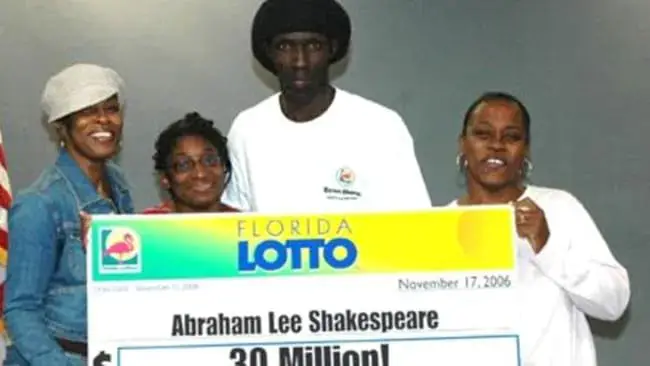
But one of the most notorious and saddest cases of this particular type of the lottery curse is Abraham Lee Shakespeare, who stopped at a Florida convenience store in 2006 with his co-worker Michael Ford. Ford asked Shakespeare if he wanted a soda, but Shakespeare gave him $2 and asked him to instead buy him some lottery tickets. One of those tickets was worth $30 million.
Ford sued and asked for $1 million for the deed of having actually purchased the ticket (even though he had used Shakespeare's money and then handed him the ticket.) The judge found in favor of Shakespeare but not until he had racked up monumental legal bills.
Shakespeare used his remaining money to move into a better home, but friends stated he had grown frustrated with the constant demands for money from both hangers-on and strangers. He told his brother, "I'd have been better off broke," and told a childhood friend, "I thought all these people were my friends, but then I realized all they want is just money."

One of these hangers-on was Dorice Donegan "Dee-Dee" Moore, who talked Shakespeare into starting a joint business. She used her role and access in that business relationship to slowly suck him dry. She bought herself expensive cars and vacations, and transferred ownership of various assets, even Shakespeare's home, to her own personal company.
Then one day Shakespeare disappeared. When people texted his phone, responses would sound nothing at all like him, and they soon found his home was now inhabited by Dee Dee. Her many ruses to make it seem like Shakespeare was still alive didn't hold water, and she was found guilty of having murdered and buried Shakespeare under a concrete slab.
They have no self-control
In 2002, 19-year-old British chav Michael Carroll won £9.7 million in UK's National Lottery. He became a small time celebrity for the win and lavish spending (and drama) (and legal trouble), and a 48-minute documentary called Michael Carroll: King of Chavs came into existence detailing the Lotto Lout's story.
But a year after the big win, Carroll's wife Sandra left him and took their baby daughter with her. According to the Daily Mail, Sandra was "angry at [Michael's] life of excess." Carroll says he was unaffected by his wife's desertion and kept up his partying ways.
Carroll's party finally ended after 8 years. His addiction to drugs, gambling, and hookers had cost him his entire lottery win, leaving him nothing but stories. Those stories include boasts that he slept with over 4000 women, and over 20 in one day.
***
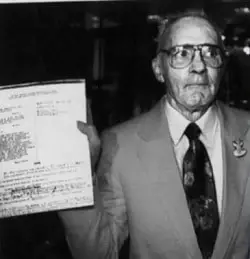
Let's set the stage for the classic cautionary tale of William "Bud" Post III with a quote from his own bankruptcy lawyer: “[Post] was like The Beverly Hillbillies. He did everything you would expect of a guy who became a millionaire overnight.”
Post lived on social security disability income when in 1988 he won a whopping $16.2 million in the Pennsylvania Lottery. Five years later, he had come to regret the win of what he would call the "lottery of death."
His troubles included a brother who tried to hire a contract murderer to kill him and his sixth wife; a landlady who forced him to give her one-third of the jackpot, and an assault charge conviction after he opened fire at a man trying to collect a debt.
Post spent his money wildly. The majority of the first yearly installment of his winnings, which totaled over $400,000, was spent in the first two weeks. After a year, he was half a million dollars in debt.
His girlfriend sued him, claiming they had agreed to share the money if he won. When she won her court claim, he couldn't pay, so his lottery payouts were frozen.
He had to declare bankruptcy, and he only managed to hold onto about $2.6 million, which he immediately spent.
"Everybody dreams of winning money, but nobody realizes the nightmares that come out of the woodwork," he once told the Washington Post.
He also became estranged from his family. He got divorced and his sixth ex-wife took his prized Pontiac Firebird. By the time the court awarded Post's ex-landlady/lover the money she demanded, Post had none to give. He died penniless.
Sometimes they don't ever get that far; they lose the ticket
In early 2015, Hung Nguyen purchased a Powerball ticket for a $1 million dollar lottery at his local supermarket. Then he forgot all about it and left for a trip to Vietnam.
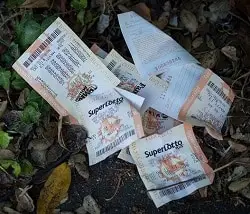
Months later he returned to find the entire state of California searching for him. He even saw his face on the news; lottery officials had released a CCTV video of him buying the winning ticket.
There was just one problem: he couldn't find the ticket. "[He] tried to look for the ticket but he couldn’t find it. He looked in his car. His house. All over. He still couldn’t find it,” Nguyen's interpreter said.
He then went to the lottery office to plead with them, but according to the rules, a prize can only be claimed if the winner presents the actual winning ticket. It didn't matter that he was on camera and the supermarket clerk knew the identity of the winner; since he couldn't produce the physical ticket, the money reverted to the California school system. Nguyen went back to work as a mechanic to support his wife and 16-month-old baby.

